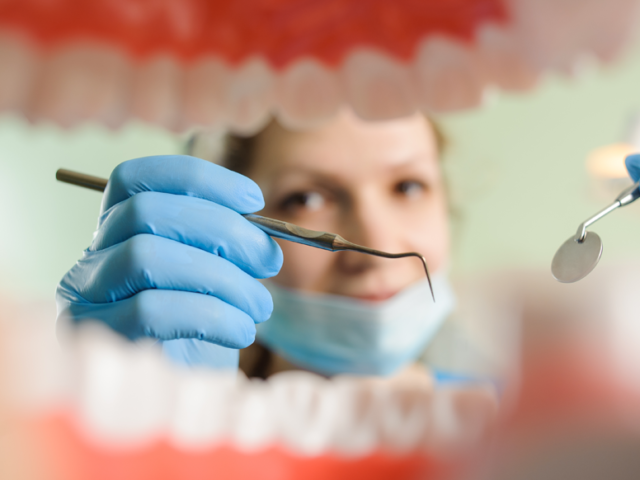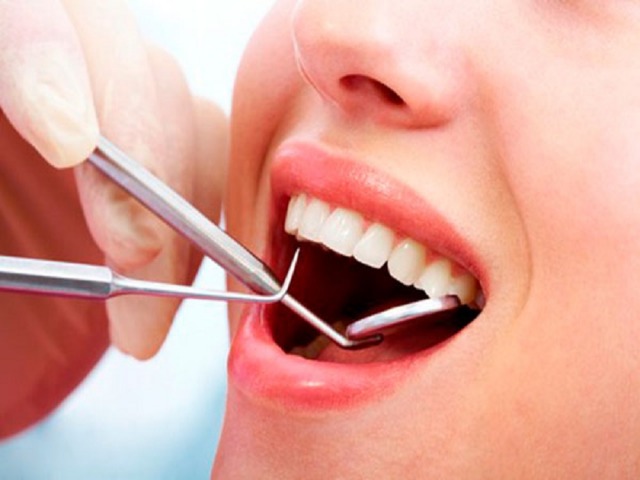
When we think about health, we often focus on specific areas like heart health, mental health, or nutrition. However, there’s one crucial aspect of well-being that is often overlooked: oral health. The health of your mouth, teeth, and gums is more closely connected to your overall health than you might realize. In this blog post, we’ll explore the surprising connection between oral health and overall health and why taking care of your smile is essential for your well-being.
The Oral-Systemic Connection
The concept of the oral-systemic connection is the understanding that the health of your mouth can impact other systems and organs in your body. This connection highlights the intricate relationship between oral health and overall health. Here are some of the key ways in which oral health can affect your overall well-being:
1. Heart Health
Research has shown that there is a link between gum disease (periodontitis) and heart disease. The exact mechanism is not entirely clear, but it’s believed that inflammation in the gums may contribute to inflammation in the arteries, increasing the risk of cardiovascular problems. Additionally, oral bacteria from gum disease can enter the bloodstream and potentially affect the heart.
2. Diabetes
Diabetes and gum disease often go hand in hand. People with diabetes are more susceptible to gum disease, and the presence of gum disease can make it more challenging to control blood sugar levels. This creates a harmful cycle where diabetes increases the risk of gum disease, and gum disease can make diabetes management more difficult.
3. Respiratory Health
Oral health can impact respiratory health, particularly in individuals with periodontal disease. Bacteria from the mouth can be aspirated into the lungs, potentially leading to respiratory infections like pneumonia. Good oral hygiene practices are crucial, especially for those with respiratory conditions.

4. Pregnancy Complications
Pregnant women with gum disease may be at a higher risk of preterm birth and low birth weight. The exact reasons for this connection are still being studied, but it’s thought that the inflammation caused by gum disease may contribute to these complications.
5. Cognitive Function
Emerging research suggests a possible link between poor oral health and cognitive decline. Chronic inflammation from gum disease may contribute to cognitive problems, including conditions like Alzheimer’s disease.
Oral Health Practices for Overall Well-Being
Understanding the connection between oral health and overall health underscores the importance of maintaining good oral hygiene and seeking regular dental care. Here are some essential oral health practices to help protect your well-being:
1. Brush and Floss Regularly
Brush your teeth at least twice a day, preferably in the morning and before bedtime. Use fluoride toothpaste and a soft-bristle brush. Don’t forget to floss daily to remove plaque and food particles from between your teeth and along the gumline.
2. Visit Your Dentist
Regular dental check-ups are crucial for catching and addressing dental issues early. Your dentist can also provide professional cleanings to remove plaque and tartar buildup that regular brushing and flossing may miss.
3. Maintain a Balanced Diet
A diet rich in fruits, vegetables, lean proteins, and whole grains not only benefits your overall health but also your oral health. Limit sugary snacks and beverages, as sugar can contribute to tooth decay.
4. Stay Hydrated
Drinking plenty of water helps flush bacteria and food particles from your mouth, reducing the risk of tooth decay and gum disease.
5. Avoid Tobacco and Limit Alcohol
Tobacco use increases the risk of gum disease and oral cancer. Limiting alcohol consumption can also reduce the risk of oral cancer and other health problems.
6. Manage Stress
Stress can lead to teeth grinding (bruxism), which can damage your teeth and jaw. Practice stress-reduction techniques like meditation or yoga to help protect your oral health.
7. Address Dental Issues Promptly
If you experience tooth pain, bleeding gums, or any other oral health concerns, don’t delay seeking dental care. Early intervention can prevent problems from worsening.
The Bottom Line
Your oral health is intricately connected to your overall health and well-being. Neglecting your oral health can have far-reaching consequences beyond toothaches and gum problems according to Tirunelveli dental clinic insights. By maintaining good oral hygiene practices, visiting your dentist regularly, and being mindful of the oral-systemic connection, you can protect not only your smile but also your overall health. Remember that a healthy mouth contributes to a healthier you, so prioritize your oral health as part of your overall wellness routine.
